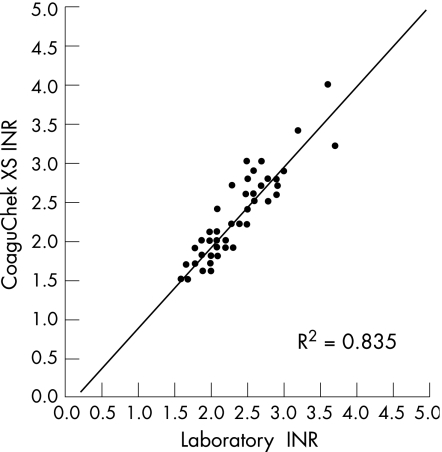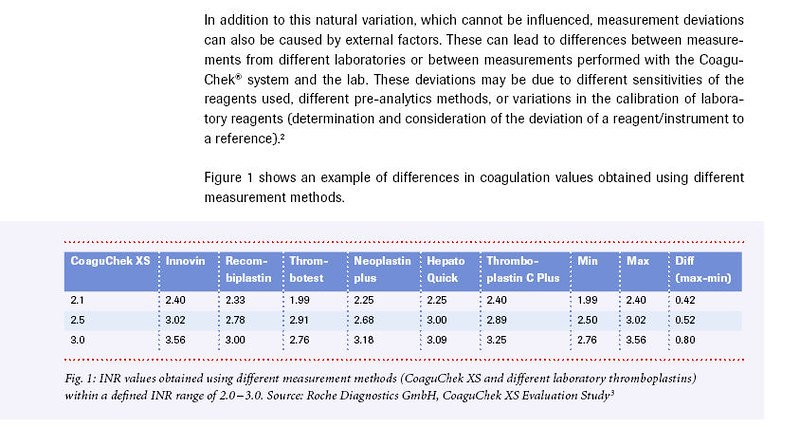pellicle
Professional Dingbat, Guru and Merkintologist
Hi
not sure if there is anything for me to engage with here, but in case there is
reach out if you'd like to work through this with me, but my view is that fundamentally go with "dose according to INR"
not really (basically no)
so rather than track back and forth looking for the data (call me lazy) reach out by PM and lets work together on this.
However its important to see that with a dose like 1mg you are VERY sensitive to warfarin, and so clearance will be slow ... myself I'd have gone to 0.5 mg for a few days after that high INR and measured every 3 days on the way down. If you did do that then we'd have some great data now.
If you do reach out, I'll be asking for your dose history (date - dose) and inr readings (also date - INR). Something like:
not sure if there is anything for me to engage with here, but in case there is
this change in my INR has happened since I came back home 2 weeks ago
before that, after I was discharged from hospital I was living with relatives for a month
reach out if you'd like to work through this with me, but my view is that fundamentally go with "dose according to INR"
can eating time and patterns affect INR ?
not really (basically no)
so rather than track back and forth looking for the data (call me lazy) reach out by PM and lets work together on this.
However its important to see that with a dose like 1mg you are VERY sensitive to warfarin, and so clearance will be slow ... myself I'd have gone to 0.5 mg for a few days after that high INR and measured every 3 days on the way down. If you did do that then we'd have some great data now.
If you do reach out, I'll be asking for your dose history (date - dose) and inr readings (also date - INR). Something like:
3/04/2021 | 2.8 | 7.00 |
10/04/2021 | 2.5 | 7.00 |
17/04/2021 | 2.9 | 7.00 |
24/04/2021 | 2.2 | 7.50 |
1/05/2021 | 2.9 | 7.00 |
8/05/2021 | 3.0 | 6.50 |
15/05/2021 | 2.6 | 6.50 |
22/05/2021 | 2.6 | 6.50 |
29/05/2021 | 2.2 | 6.50 |
Last edited:
























